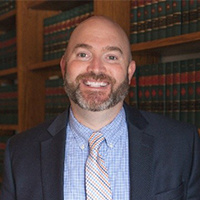Port Jervis RICO Act Lawyer, New York
Sponsored Law Firm
-
 x
x

Click For More Info:
-
Law Office of Mark S. Guralnick
55 Madison Avenue 4th Floor Morristown, NJ 07960» view mapCriminal Defense Law Dedicated. Fearless. Successful.
Mark S. Guralnick and his legal team have helped clients throughout the USA and across the world by applying unparalleled dedication and hard work to each case.
800-399-8371
Not enough matches for Port Jervis RICO Act lawyer.
Below are all Port Jervis Criminal lawyers.
Glenn Warren Magnell
✓ VERIFIEDAny unwanted contact with the police can be scary....even being stopped for a simple traffic offense can be stressful and scary. Actually being arres... (more)
Scott A Russell
✓ VERIFIEDWith experience serving the public as an Assistant District Attorney, prosecuting minor traffic infractions and serious felony offenses, as public def... (more)
FREE CONSULTATION
CONTACT Mark Guralnick Morristown, NJ
Mark Guralnick Morristown, NJ AboutLaw Office of Mark S. Guralnick
AboutLaw Office of Mark S. Guralnick Practice AreasExpertise
Practice AreasExpertise


